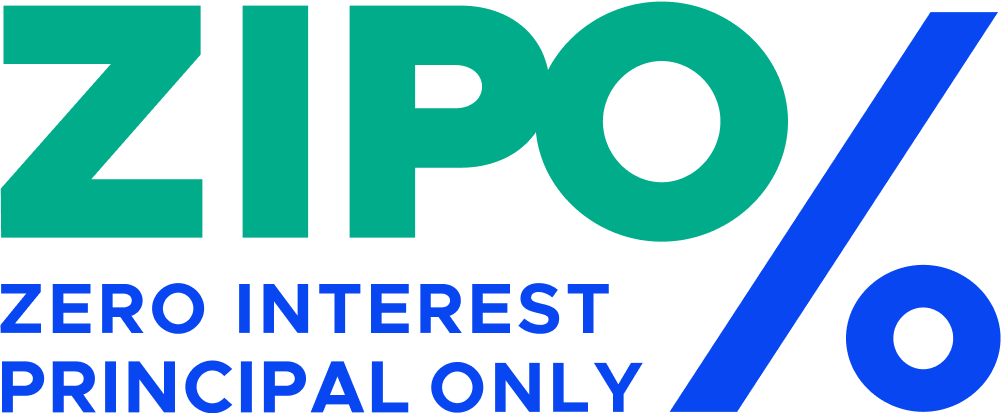NEWS
Student Loan Cosigners. Do You Need One?
Having a cosigner can help you qualify for certain kinds of loans. Many college students have their parents cosign on their first line of credit so that they can start building a history. Others might need assistance with getting a car. When it comes to student loans, you don’t usually need a cosigner for certain types. Figuring out when you might need a cosigner helps you start planning for financing your education.
Do Federal Loans Require a Cosigner?
In most cases, you won’t need a cosigner to get approved for a federal loan. Subsidized and unsubsidized Federal Direct Loans are available to help eligible students obtain an education. Since these don’t require a credit check, you also won’t need to worry about finding a cosigner.
However, the U.S. Department of Education will perform a credit check on applicants for the Direct PLUS Loan. If it comes back showing that you have a negative credit history, then you’ll be asked to find an endorser, which is essentially a cosigner.
What About Private Loans?
Private lenders tend to treat the application and approval process as they would for other types of consumer loans. They’ll check your credit score along with other eligibility criteria, such as your debt-to-income ratio. Many college students lack a high enough income to qualify for one of these loans without having the help of a cosigner.
Although the underwriting standards can be slightly different from one lender to the next, you can expect that most will want to see that your cosigner has good to excellent credit. Since the cosigner is agreeing to repay the debt if you cannot, they need to know that they are capable of doing so.
Most students ask their parents to be cosigners, but a lender may approve other types of people in your life. Grandparents, spouses and other significant people may cosign on a loan. Usually, only one person can agree to be a cosigner, so you’ll want to think seriously about who you choose to ask to take on this big responsibility.
Can You Take a Cosigner Off the Agreement?
The concept of having someone else be responsible for your debt might be more than you want to have hanging over your head. In some cases, you can remove a cosigner from the agreement once you achieve better financial standing. You’ll need to get the lender’s approval, which will likely involve going through a credit check.
Most lenders also require that you meet specific requirements, such as making a set number of payments. After a year of making on-time payments, most lenders will agree to assess your creditworthiness for taking a cosigner off of the loan.
How Do You Get a Loan Without a Cosigner?
You’ll first want to find out if you are eligible for a federal loan. If you are still a dependent, then your parents’ income will be included in the decision. In most cases, it is preferable to obtain this type of funding. In addition to eliminating the need for a cosigner, federal lending options also come with protections that include deferment and flexible payment plans that make it easier to pay them off without damaging your credit.
If you need to work with a private lender, then it helps to already have a stable credit history. Students who are in their final years of college or working on a graduate level of degree tend to have the best odds of getting approved without a cosigner.
The fact that most people will need to take out a loan to achieve their goal of getting an education isn’t going away anytime soon. But, ZIPO is here to make it easier to avoid taking on large amounts of debt. Partnering with us to convince our nation’s decision-makers to work on providing everyone with zero interest loans helps future students to have more control over their financial future.
